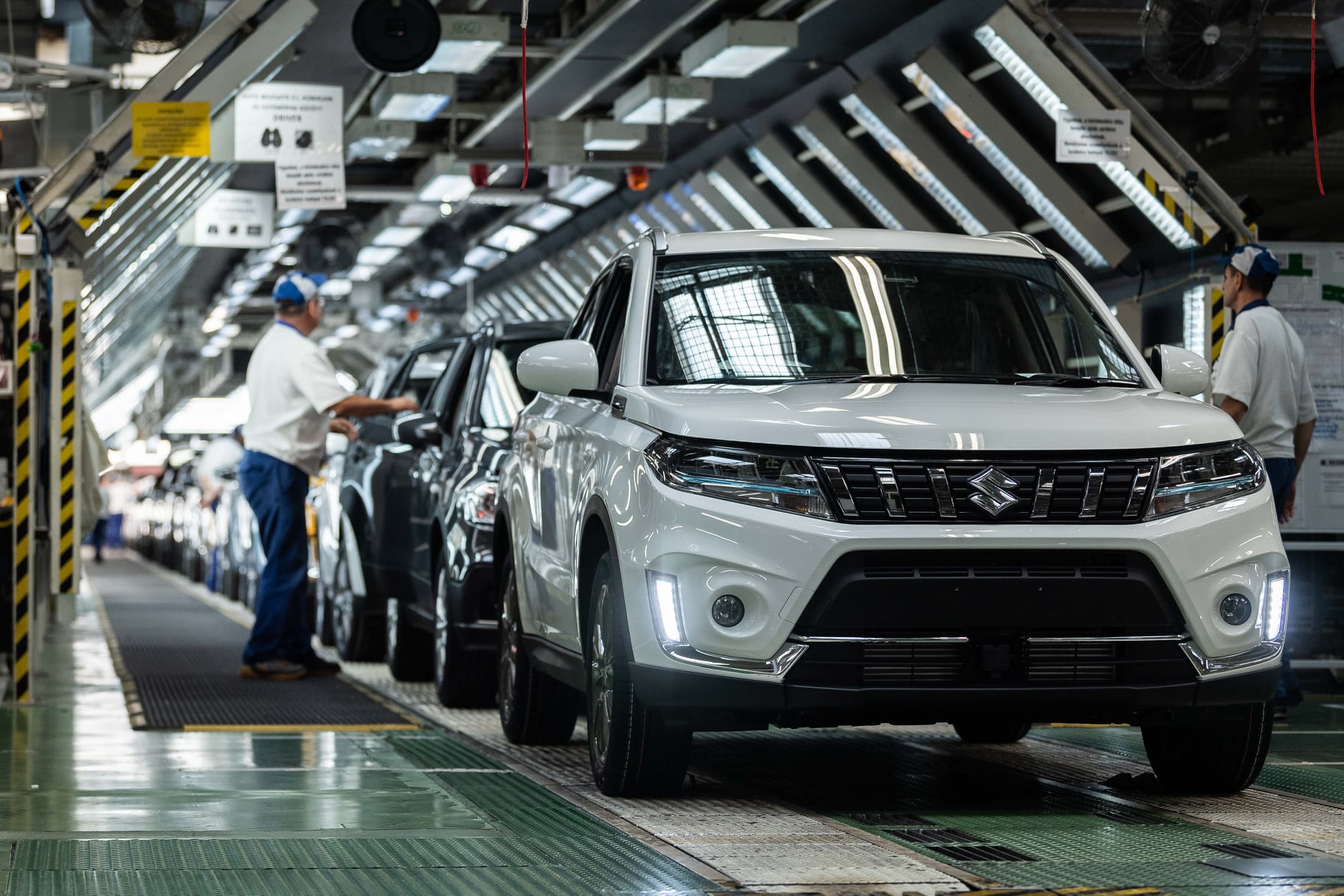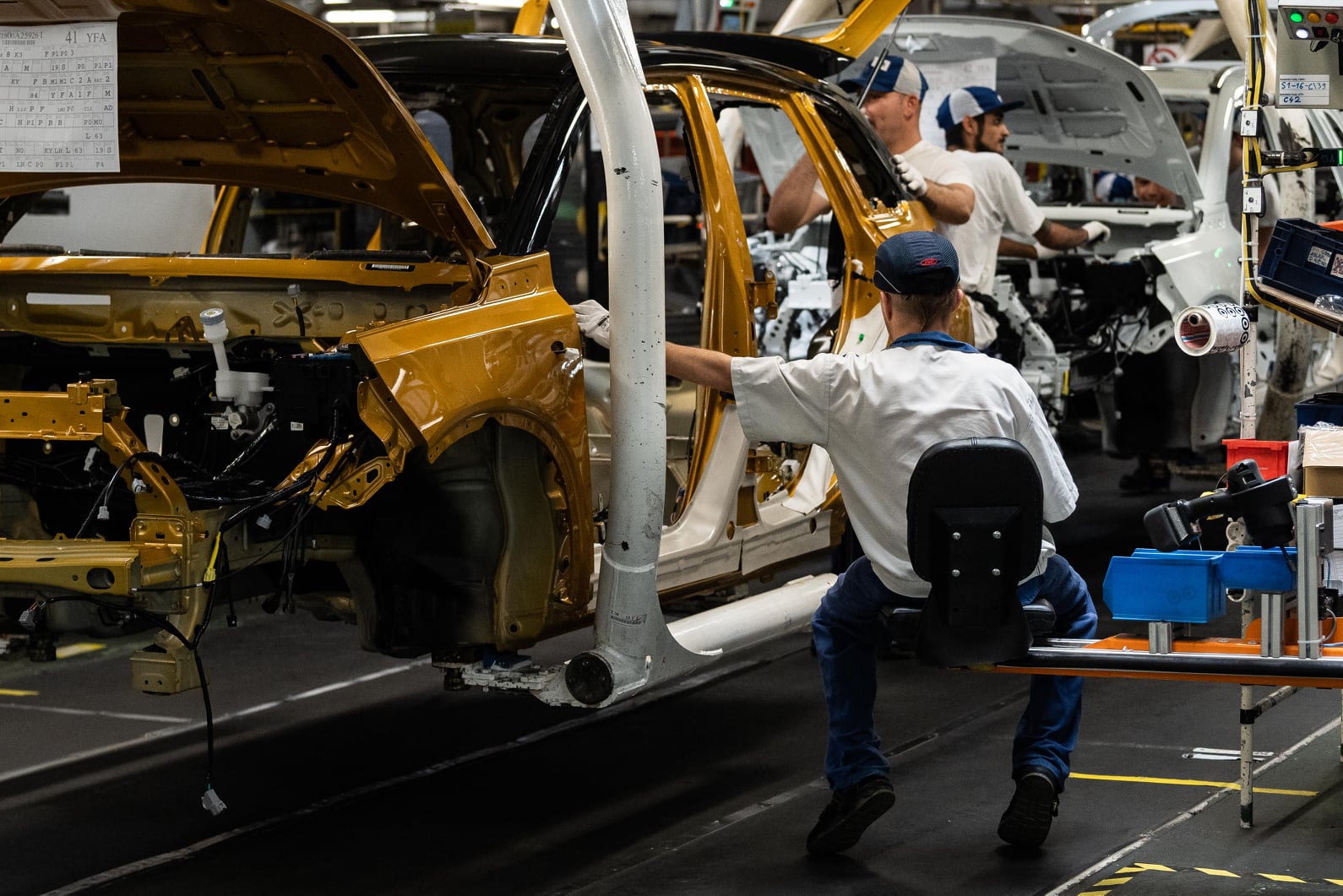
South Africa called on the International Court of Justice to issue an interim order for Israel to suspend military operations in Gaza.Continue reading

Work at the Suzuki factory in Esztergom (northern Hungary) will be suspended from January 15 to 21 due to delays in the production of engines in Japan. The car parts will not arrive on time due to transport problems in the Red Sea, reports Világgazdaság.
Production of the Vitara and S-Cross models at Suzuki’s Hungarian plant will stop this week, the company announced.
The manufacturing shutdown will last from January 15 to 21. The stoppage is justified by by the interruption of Red Sea transport,
Suzuki wrote Reuters in an email, saying that the halt had to be imposed because of delays in the delivery of Japanese-made engines. They also said that production at the Esztergom plant was scheduled to resume from January 22.

Production at the Esztergom factory. Photo via Facebook/Szijjártó Péter
Car makers Tesla and Chinese Geely-owned Volvo Car, announced in the second half of last week that they were suspending work in Europe because of transport problems in the Red Sea. As The European Conservative reports, electric car giant Tesla has revealed that it will shut down its primary manufacturing plant in Grünheide, Germany for two weeks, citing an attack on shipping in the Red Sea by Iranian-backed Houthi rebels.
Tesla is halting most output at its factory in Germany. The EV maker says it’s running short of parts due to the chaos in global shipping sparked by attacks on vessels in the Red Sea https://t.co/6FelxE507S pic.twitter.com/yE5r6dTMLh
— Reuters (@Reuters) January 12, 2024
Tesla’s difficulties mirror those of the Swedish-based car manufacturer Volvo, which has been hit by the slowdown in the Red Sea. The company has halted production at its Belgian facilities for three days in response to a 60% slowdown in trade through the Red Sea in December alone.
The Red Sea crisis has left Europe, and Germany in particular, vulnerable, with the latest economic indicators showing European exports down by 1.9%, mainly due to turmoil in the Middle East.
Experts warn that the attacks could have serious consequences for Asia-Pacific imports.
While U.S. forces continue to engage in a firefight with Iranian-backed militias, various EU Member States, led by France, have actively avoided joining the U.S.-British military response to the Houthi attacks.
The spectacular effect of Houthi attacks from Yemen in the Red Sea:
95% of container ships are forced to circumnavigate Africa
⏳ 22-28 days more to reach Europe
Transport costs quadrupled pic.twitter.com/s3VcLlZTPg
— Xavi Ruiz (@xruiztru) January 13, 2024
Via Világgazdaság, Reuters, The European Conservative; Featured image via Facebook/Szijjártó Péter